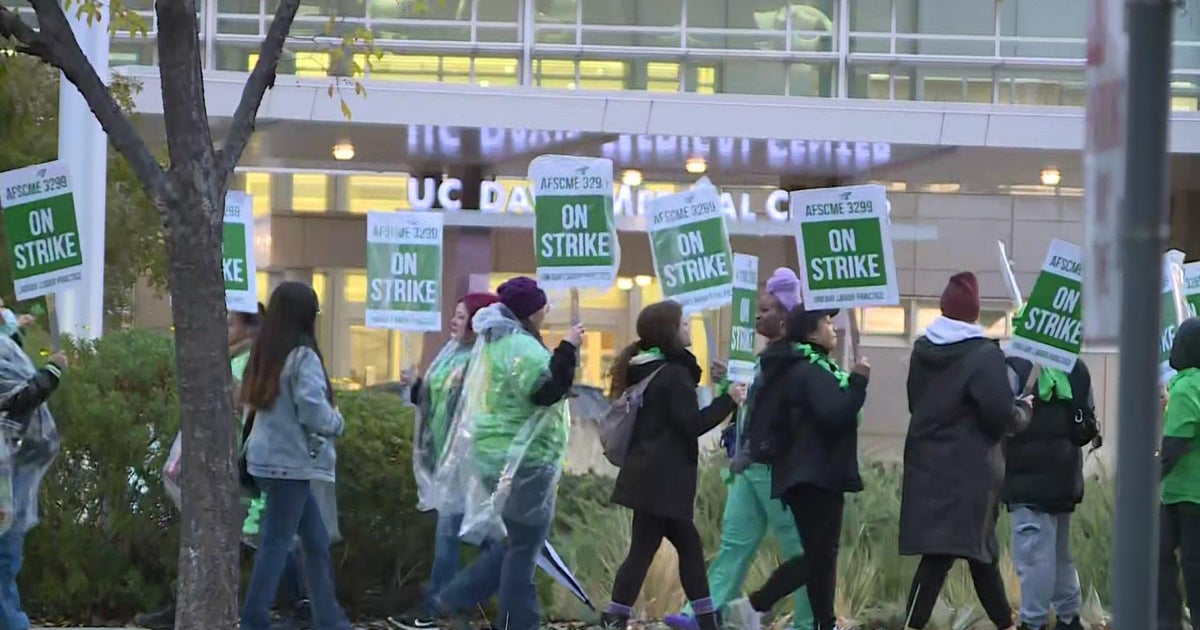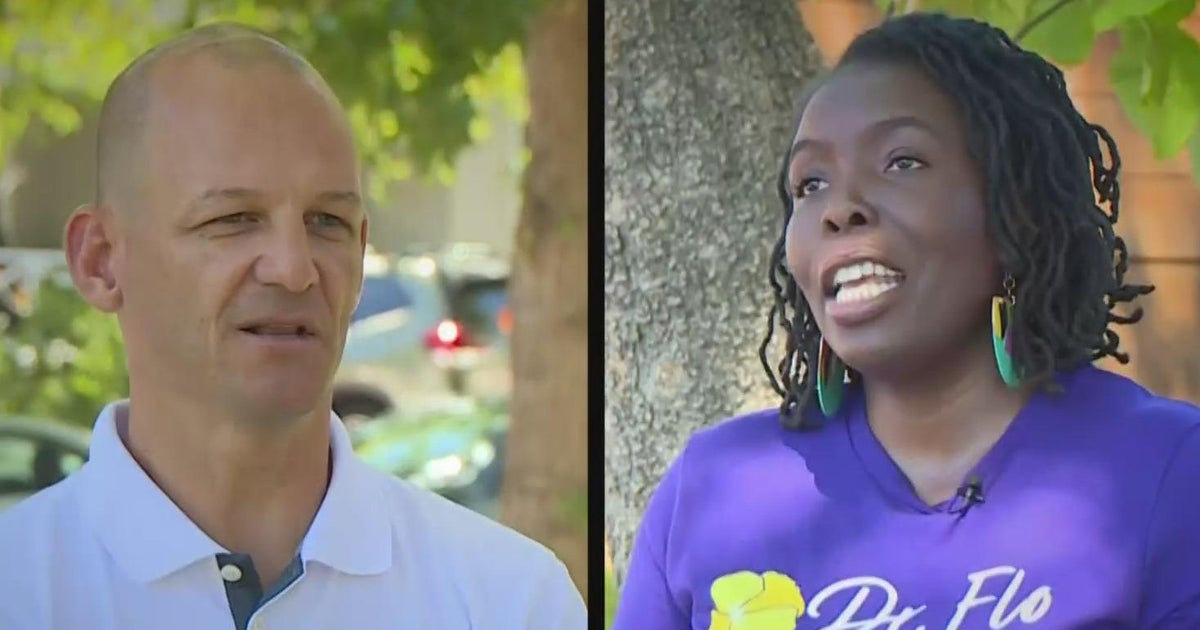California Supreme Court axes ballot measure that would make it harder to raise taxes
The California Supreme Court on Thursday sided with Gov. Gavin Newsom and removed a measure from the November ballot that would have made it harder to raise taxes, saying the change would have upended the way government works.
The measure would have required voters to approve any tax increase passed by the state Legislature. It also would have required all local tax increases to be approved by two-thirds of voters instead of a simple majority vote.
The biggest impact, however, was that the measure threatened to retroactively reverse most tax increases approved since Jan. 1, 2022. Local governments warned they would have lost billions of dollars in revenue that had previously been approved by voters. It would have also threatened a tax increase on guns and ammunition that lawmakers approved last year to pay for various gun safety programs and school safety improvements.
"The Supreme Court's decision to take this dangerous initiative off the ballot avoids a host of catastrophic impacts, protecting billions of dollars for schools, access to reproductive health care, gun safety laws that keep students safe in classrooms, and paid family leave," said Jonathan Underland, spokesperson for the campaign that opposed the initiative.
Supporters of the measure called the ruling "the greatest threat to democracy California has faced in recent memory," noting the measure followed the rules to qualify for the ballot by securing enough signatures from the public before the deadline.
"The governor has cynically terminated Californians' rights to engage in direct democracy despite his many claims that he is a defender of individual rights and democracy," the Taxpayer Protection and Government Accountability Act campaign said in a news release.
The ballot initiative posed a tricky political question for Newsom, a Democrat now in his second term who is a potential candidate for president. He has opposed many tax increases, and campaigned against new taxes for the rich. But he has also been willing to temporarily increase business taxes to balance the state's budget, something he's proposing to do again this year.
Republicans on Thursday cast Newsom as "greedy," arguing his successful attempt to block the measure will continue to make things more expensive in California, which has one of the highest tax burdens in the country according to the Tax Foundation and other groups.
"The California Democrat machine's love affair with new taxes to pay for their ludicrous policies keep costing Californians their hard-earned money, and Newsom just made it that much easier to take even more," said Jessica Millan Patterson, chairwoman of the California Republican Party.
Newsom has argued he can oppose both new taxes and ballot measures he says would hamstring state and local governments from raising taxes in a time of crisis.
Removing a measure from the ballot before an election is rare, but not unprecedented in California. In 1999, the court removed one that would have cut lawmakers' salaries and removed their authority to set boundaries for legislative districts. The court removed that measure from the ballot because it included more than one subject.
In this case, the court ruled unanimously that the ballot measure was illegal because it would revise rather than amend the state Constitution. The court said while voters have the right to impose these new rules on raising taxes, they cannot do it via a ballot initiative because it "would substantially alter our basic plan of government."
Revising the Constitution would be more difficult, first requiring voters to approve the calling of a constitutional convention to consider the change.



